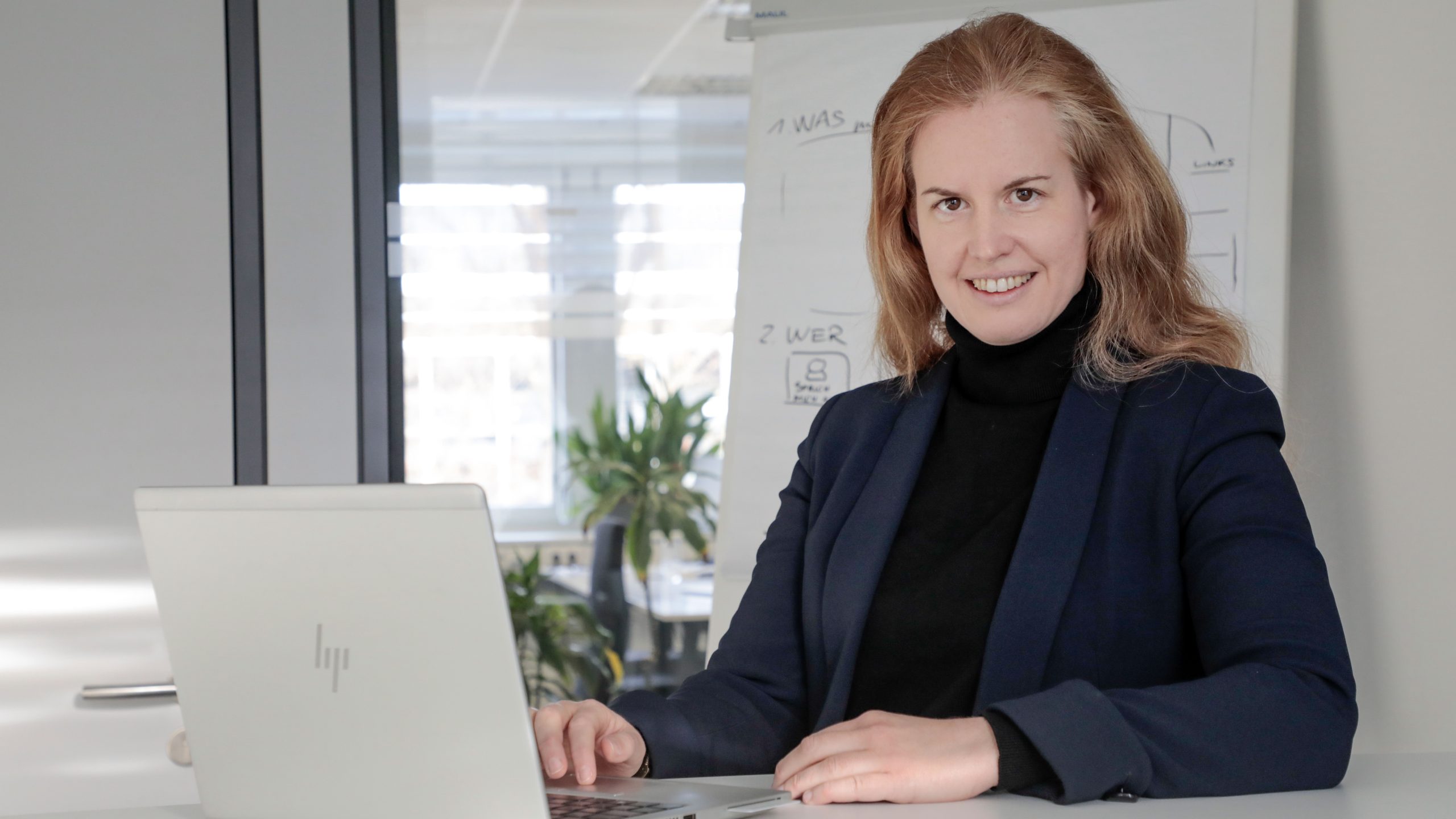 Johanna Henrich. Foto: Porsche AG
Johanna Henrich. Foto: Porsche AG
In the “eMove360° Women in Tech” series, we present inspiring women who have gained a foothold in the automotive industry. In addition to Clotilde Delbros, CEO Mobilize, Fredika Klaén, Head of Sustainability at Polestar, Marta Almuni, Strategy at AUDI and Nataliya Shvaykovska, Director Digital Transformation Europe at Aiways, the current issue of eMove360° Magazine in german language focuses on Dr. Johanna Henrich. Sabine Metzger spoke to her about the importance of ESG management in Porsche’s sustainability strategy. ESG stands for Environment, Social and Governance.
Dr. Henrich, you work as an ESG manager at Porsche. What motivates you to promote sustainability issues within the company?
Dr. Johanna Henrich: Sustainability has always interested me, not only professionally but also privately. I’ve spent my entire professional life working on it so far and I did my doctorate on the subject of environmental and sustainability ethics, particularly the consequences of climate change. Climate change is an existential threat. For many people in my generation and younger, sustainability is incredibly important – and crucial to maintaining our standard of living in the future. I want to make my contribution to a world worth living in. The economy has an immense impact on how societies function. That’s why I see our opportunities in ESG management as particularly great. That motivates me.
What responsibility does ESG management assume?
Henrich: In Porsche’s Strategy 2030, “Management and transparency” is one of six areas of action for sustainability. This includes ESG management in particular. In other words, the management and monitoring of sustainability contributions, which are particularly important for the capital market and investors. This involves many topics that we can only implement together in the company. Our team is committed to promoting sustainability at Porsche and to setting and maintaining high standards. On the other hand, our task is to ensure that the sustainable processes within the company are recognized as such and that our sustainable actions are evaluated accordingly. This involves meeting certain indicators and disclosing information transparently. After all, this is what enables analysts from the major rating agencies to assess us. And good ratings from rating agencies are very important for Porsche.
So you bridge the gap between the capital market and the company.
Henrich: Exactly. My tasks include both environmental and social issues as well as those relating to responsible corporate governance. At the heart of this is the implementation of external requests from the capital market, the implementation of sustainability standards and the optimization of our review methods.
In ESG management, we gather information on what is already happening today and define targets to be implemented tomorrow. To this end, I am in constant contact with many specialist departments, for example the environment and energy department or HR management. One person or one department alone cannot meet the diverse requirements. Only together can we succeed in introducing standards into the company and creating awareness. At Porsche, we don’t just want to comply with external criteria because we have to. But because implementing the standards ensures Porsche’s future viability. My field of work is therefore very broad and includes many components.
To what extent is Porsche already meeting sustainability standards today?
Henrich: We are already achieving very good results, which we want to build on in the future. We want to present ourselves as a sustainable and future-proof company. That is why our ESG management ensures that we meet the sustainability standards. External rating agencies assess the degree of our sustainable actions and reflect our performance using very different methods.
The result we achieve also puts us in a competitive position. In the ISS ESG rating, for example, Porsche achieved a B- rating in October 2021. This is even one level above the so-called “prime level”, from which the rating agency classifies a company as a sustainable investment. This motivates me to continue working towards our goals.
What challenges will Porsche face in the future?
Henrich: The entire automotive industry still has a long way to go, and this is also reflected in the requirements of the analysts. The challenges will also be great for Porsche as a company. We will find ourselves in situations where ratings are not the decisive factor, but rather the direct and rapid availability of data – primarily for banks or large investors. The trend will certainly be for the exchange between companies and external players in this field to become much more flexible, effective and transparent. That is why we must remain alert and react flexibly to current developments. We will notice how dynamic the requirements and boundaries are that we will be confronted with. We have to expect tensions in many areas if we want to position ourselves securely.
In future, it will be increasingly important not only to act even more sustainably, but also to demonstrate this even more transparently. To this end, we have successively optimized our reporting in the past. Porsche wants to meet the requirements and expectations placed on us in the best possible way. This means that we have to bring in the knowledge of the right people in the right places, who then operate the right levers. I believe that Porsche is on the right track. With the clout and agility that the company has, we are well positioned for the challenges ahead.
Your wish for the future …
Henrich: … that we manage to limit the effects of climate change. I hope that all players will work hand in hand on the path to a sustainable future. We must all pull together. If we can do that, then we will have gained an incredible amount. I believe that we can make a very important and valuable contribution here with ESG management, which builds bridges and opens up dialogs.
Thank you very much for the interview.